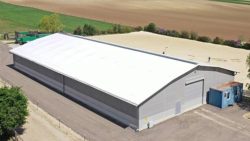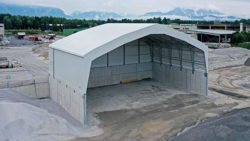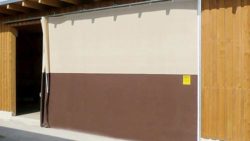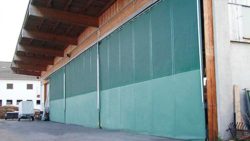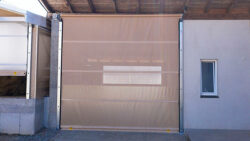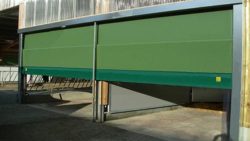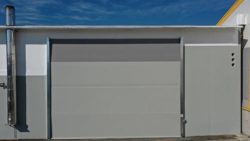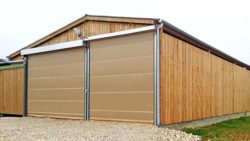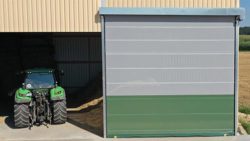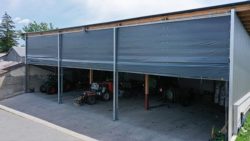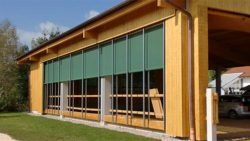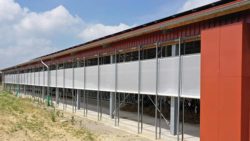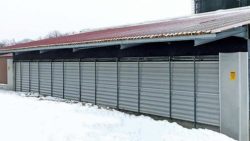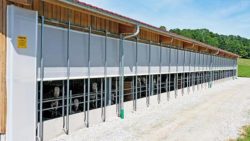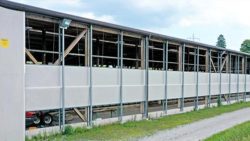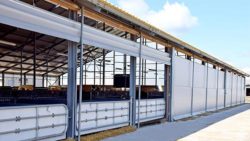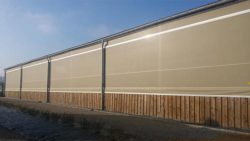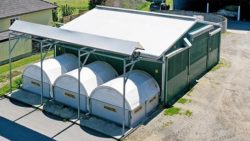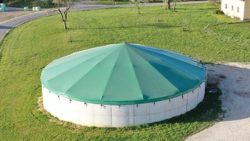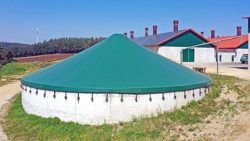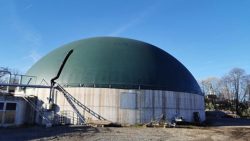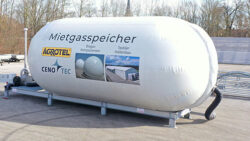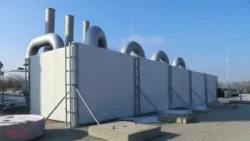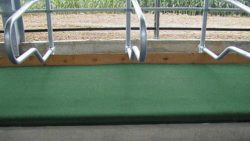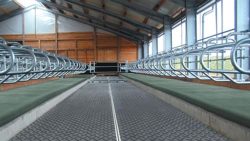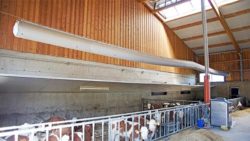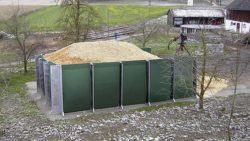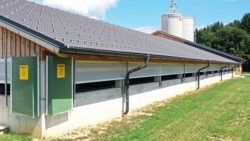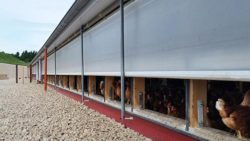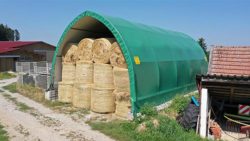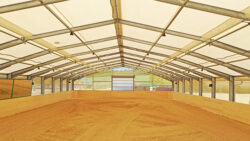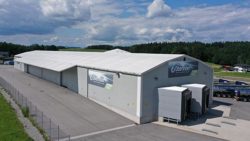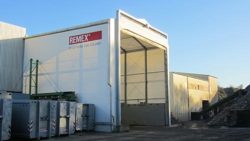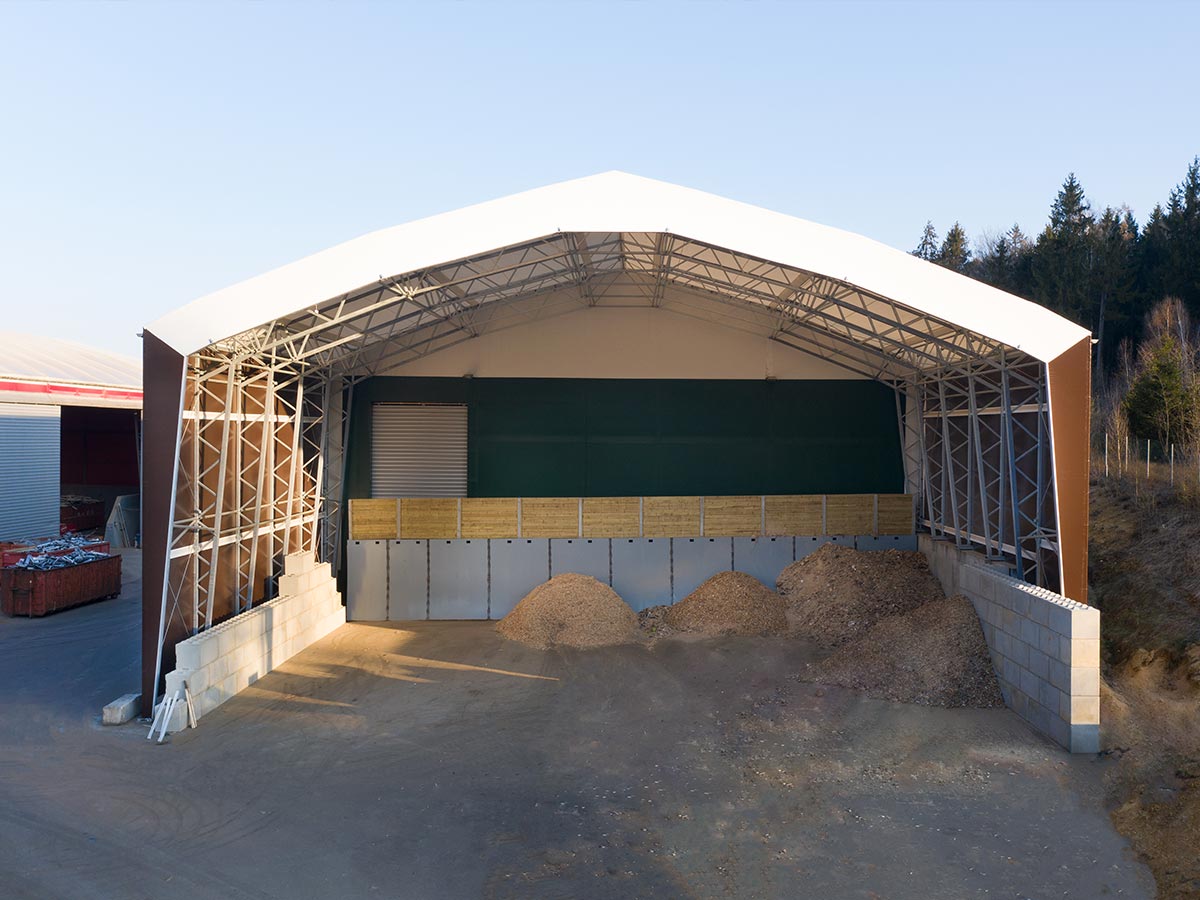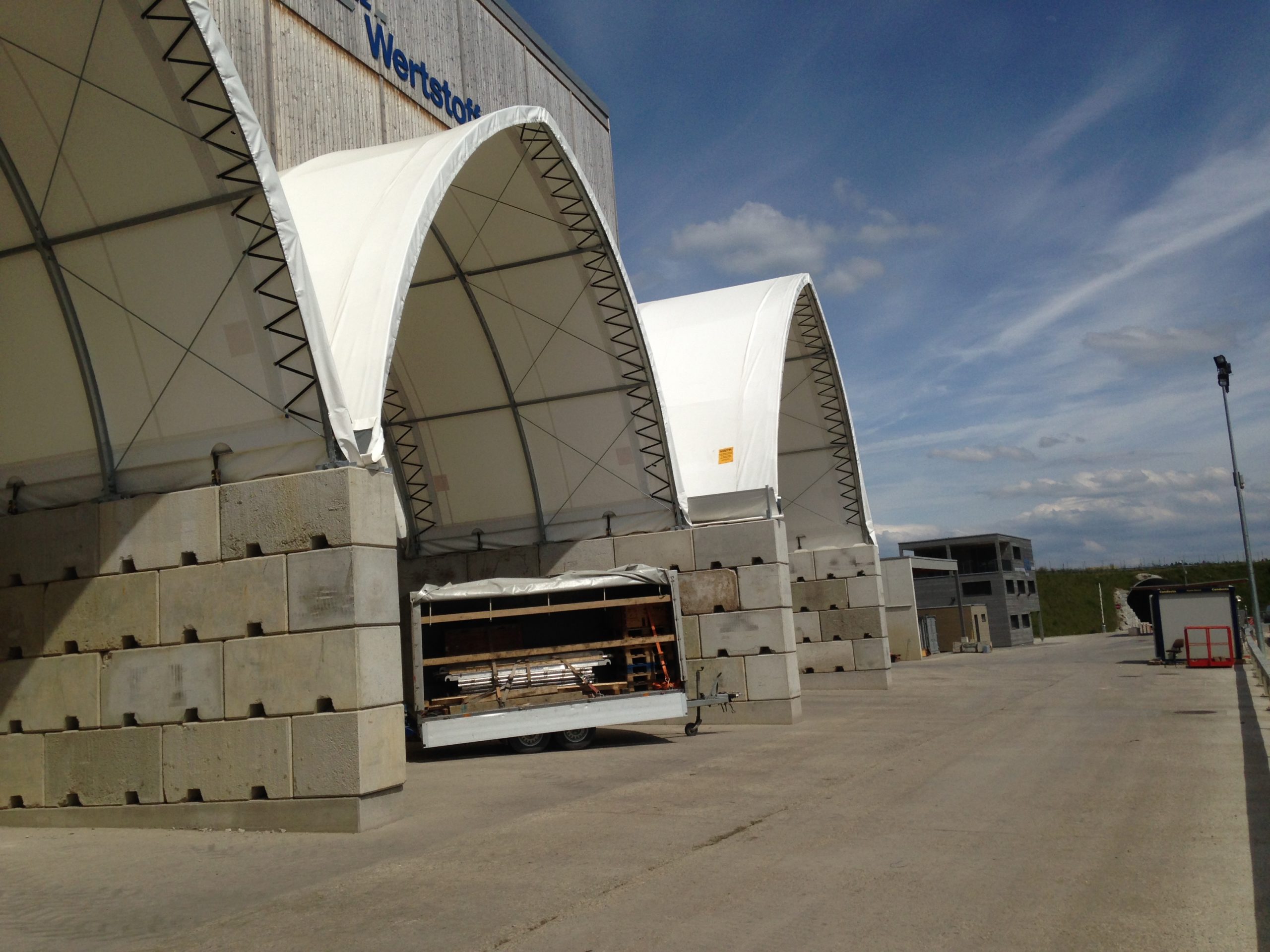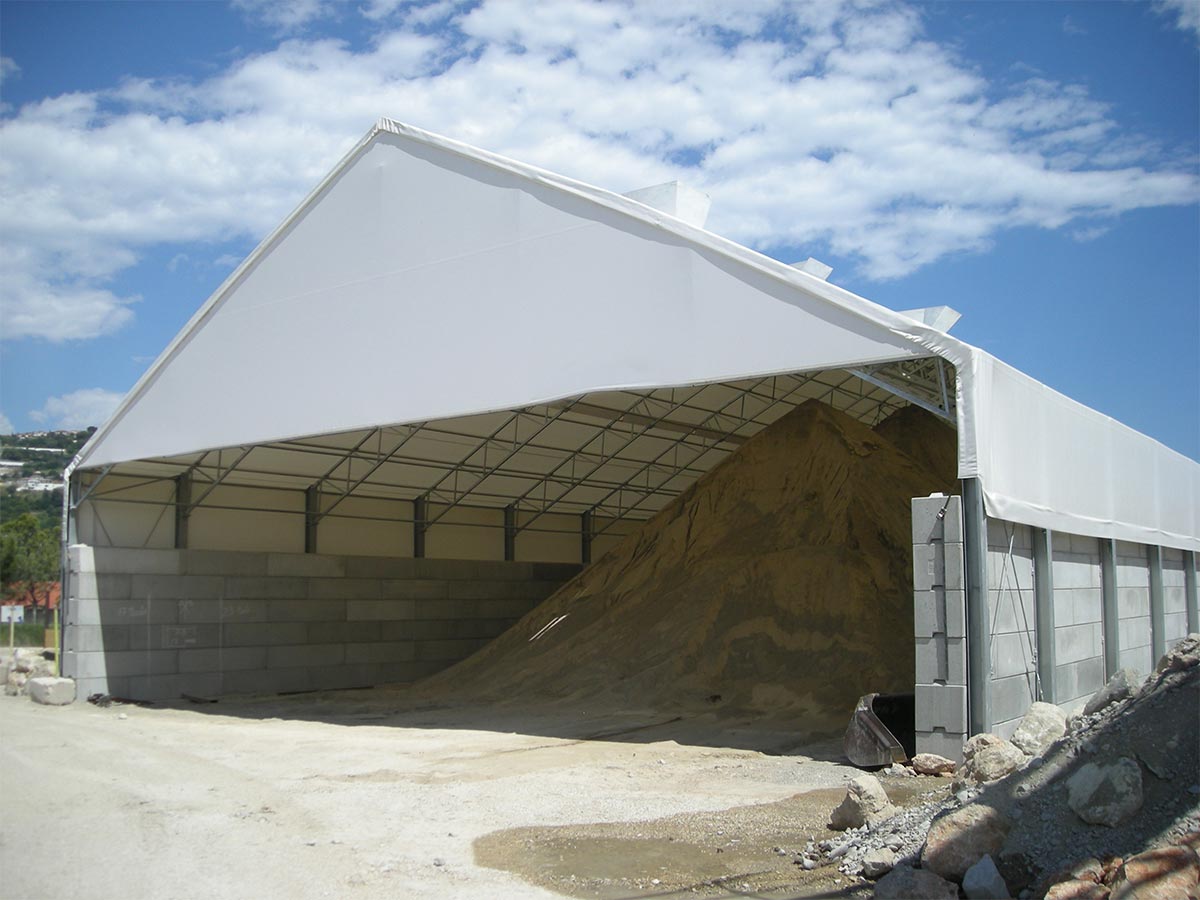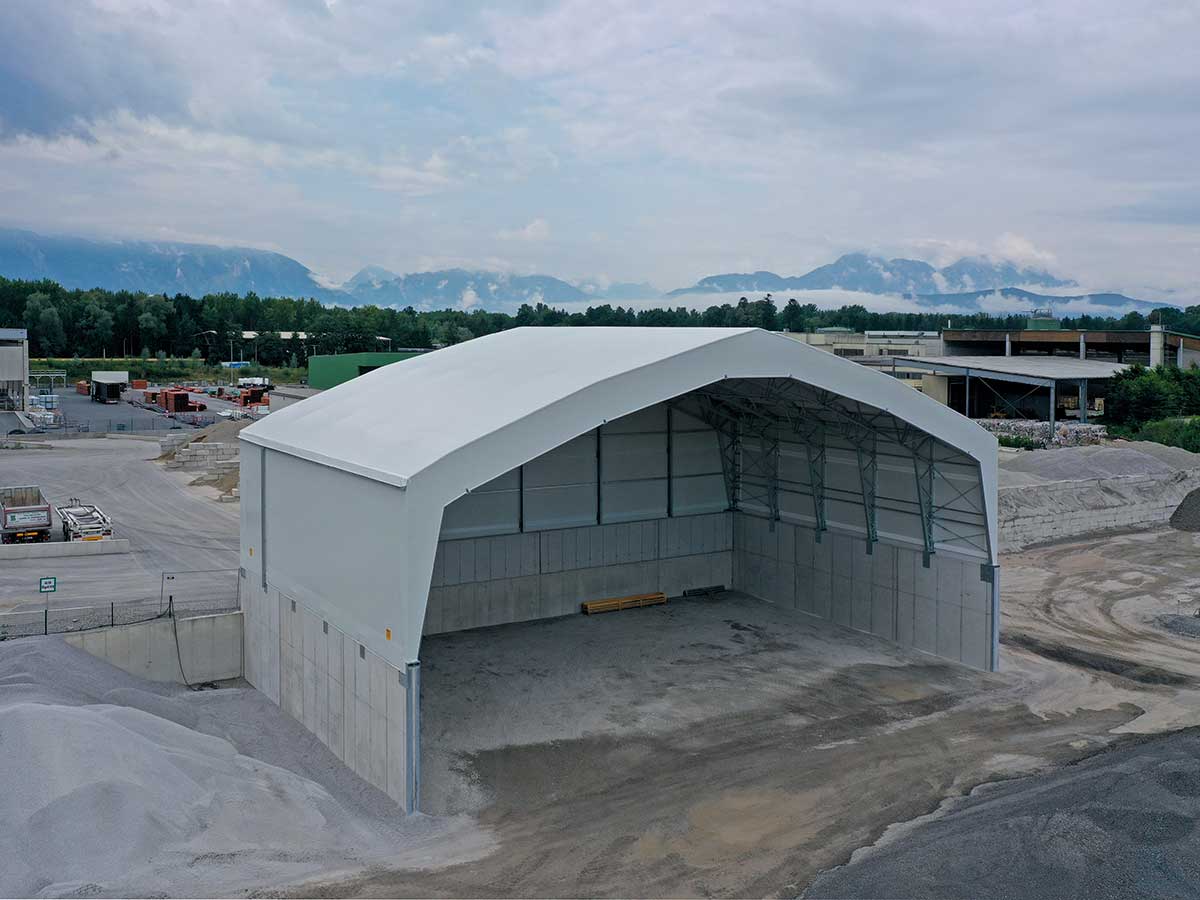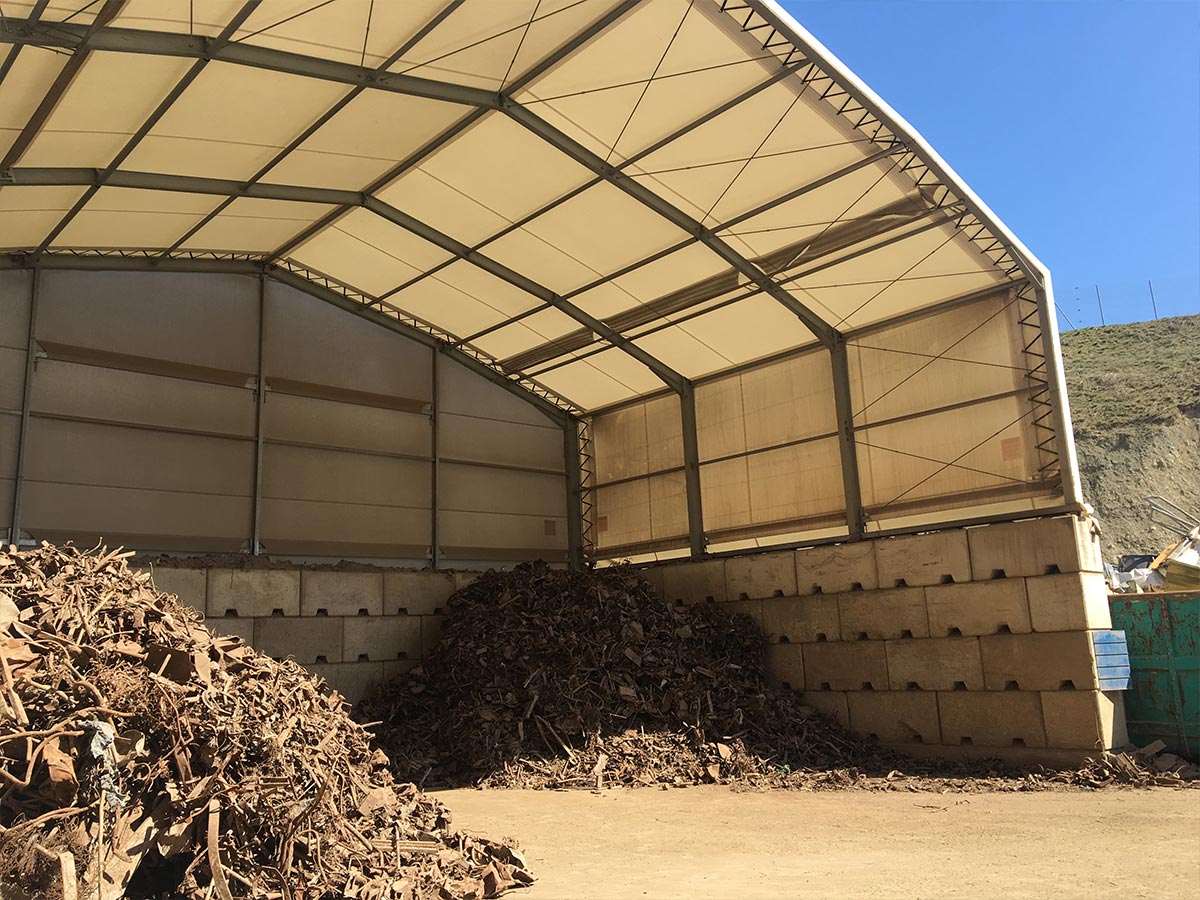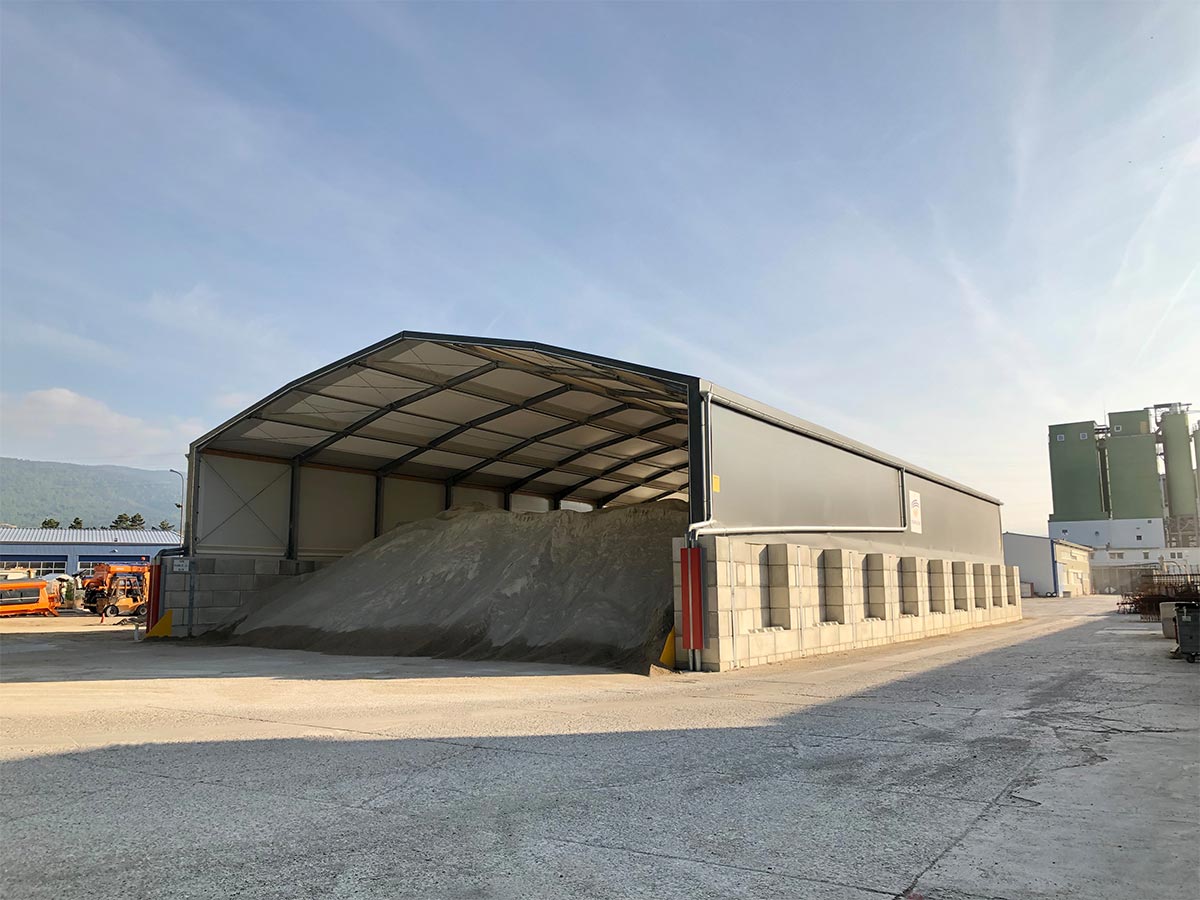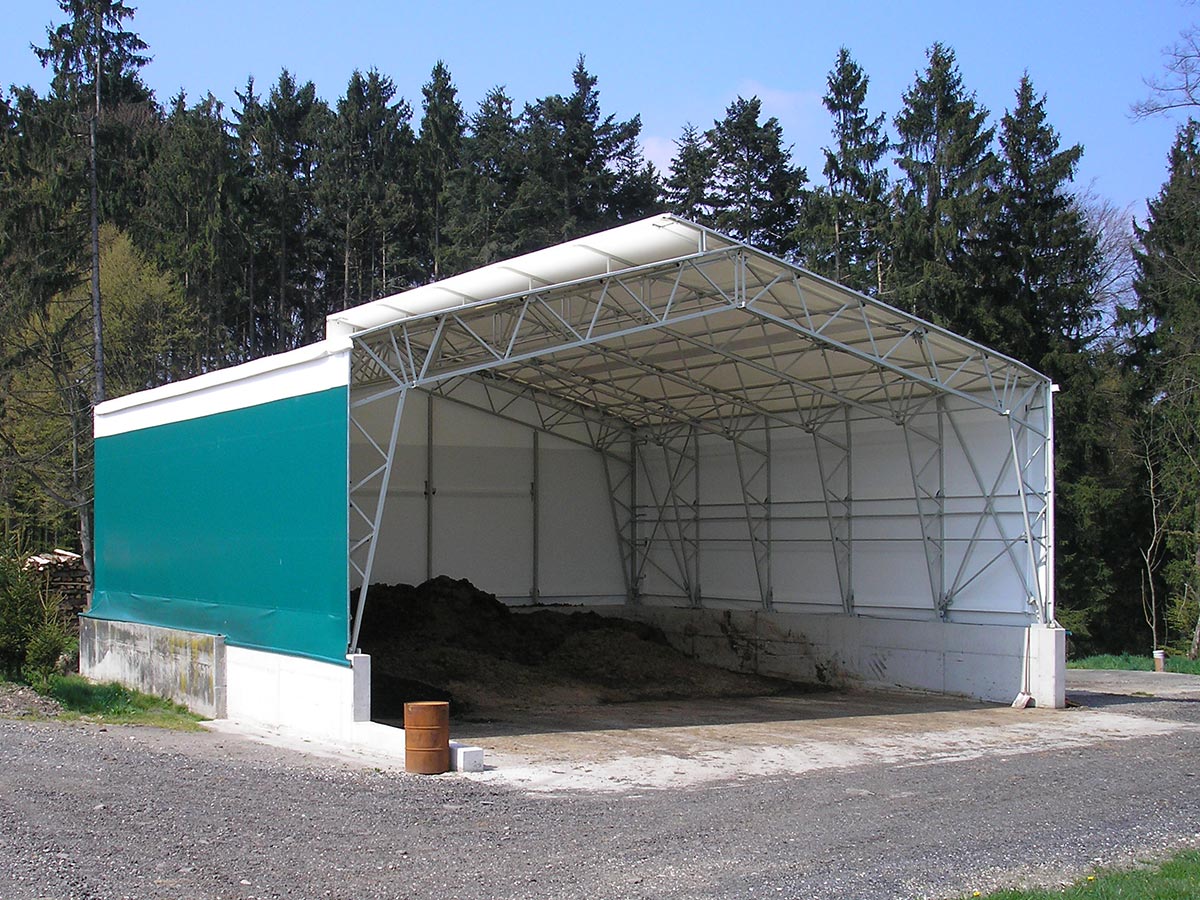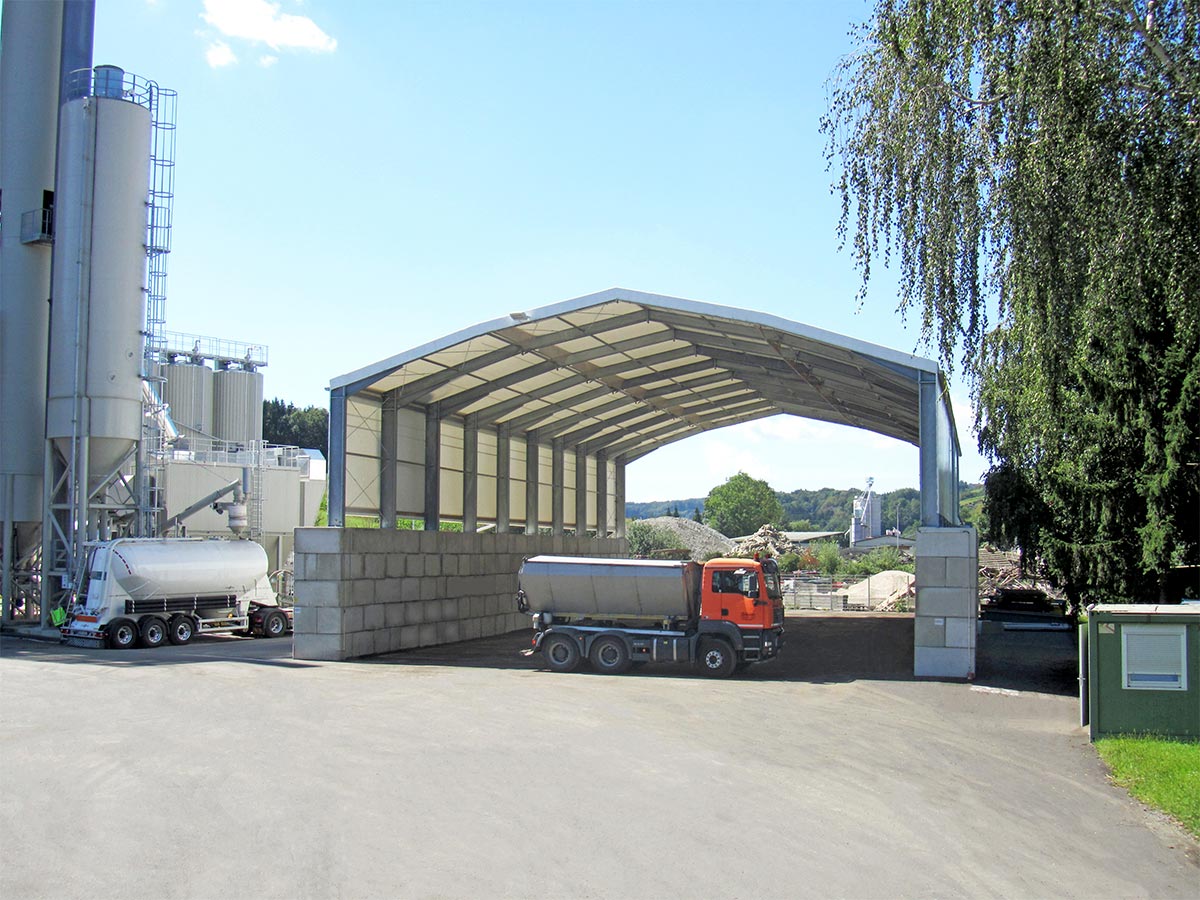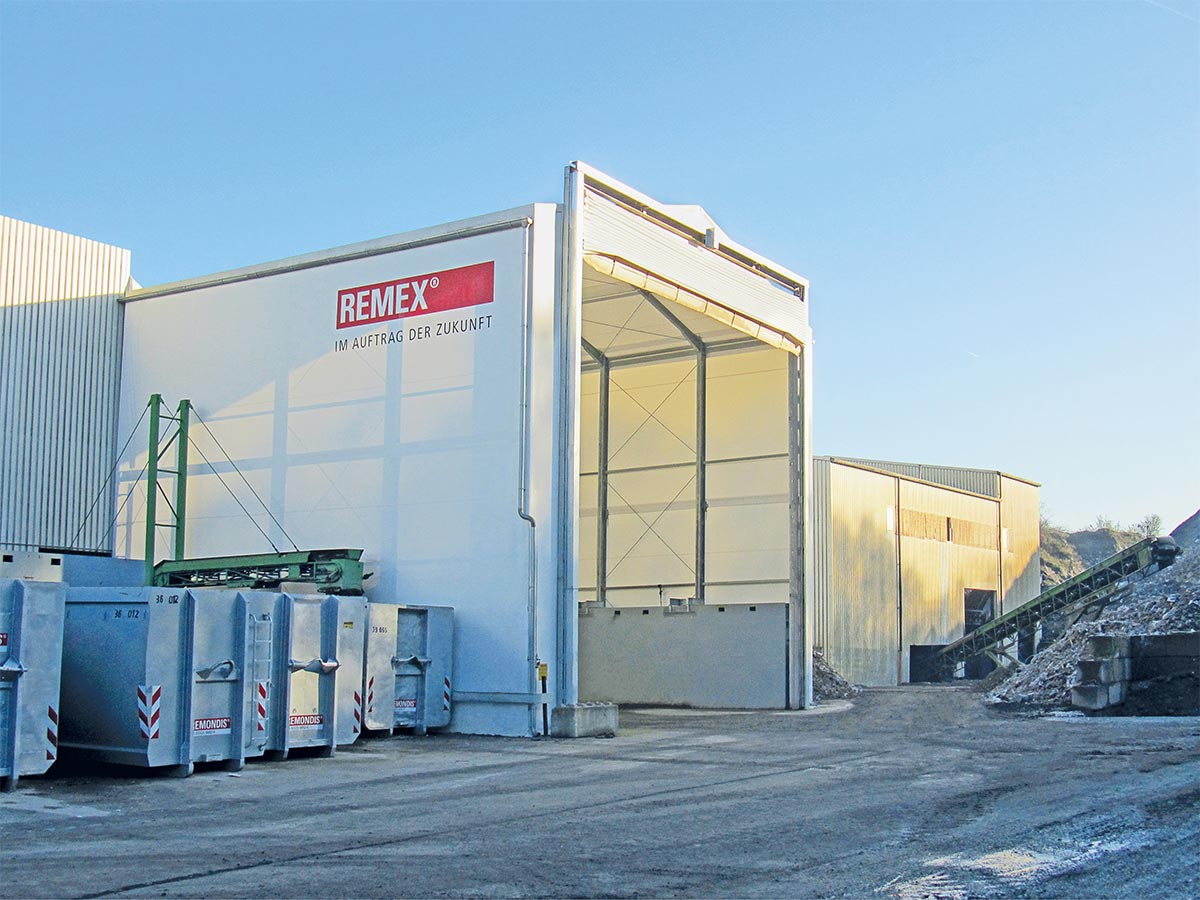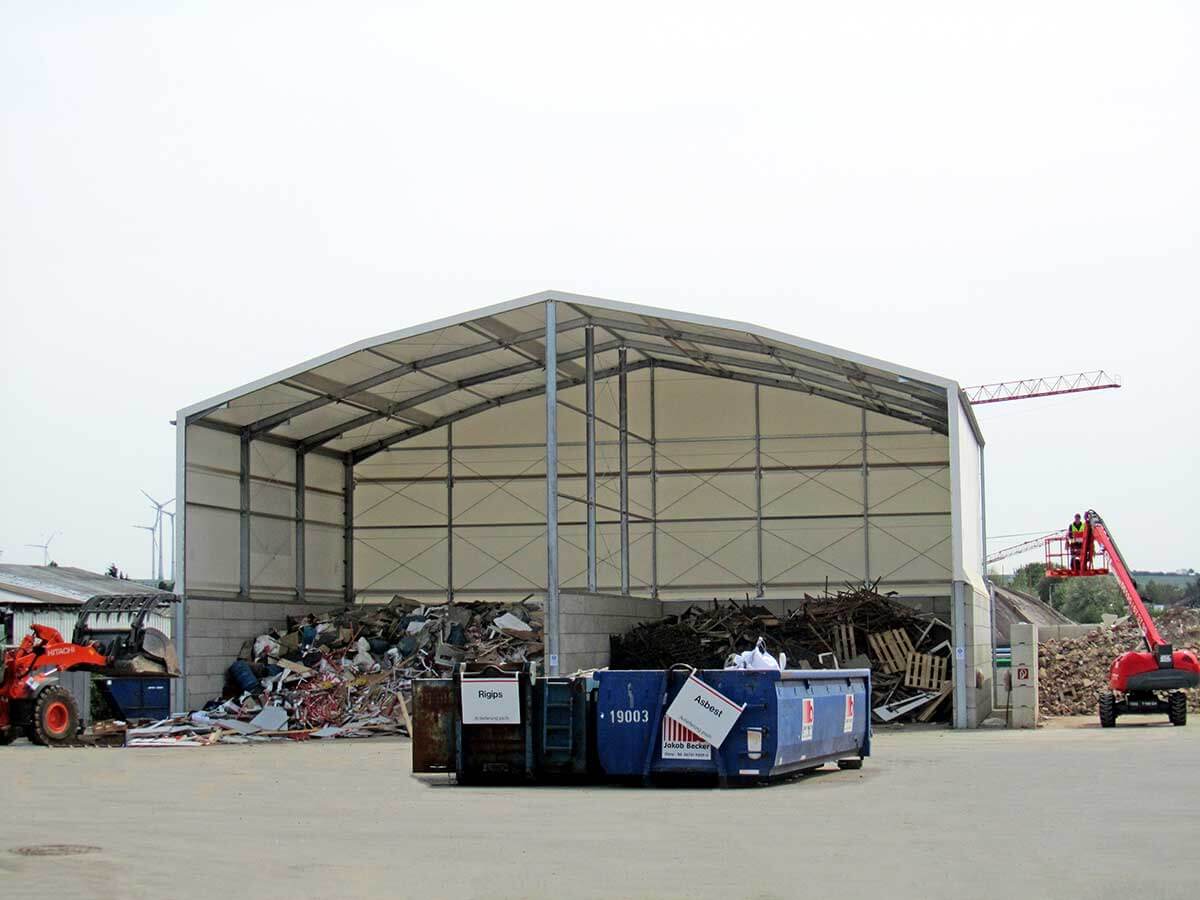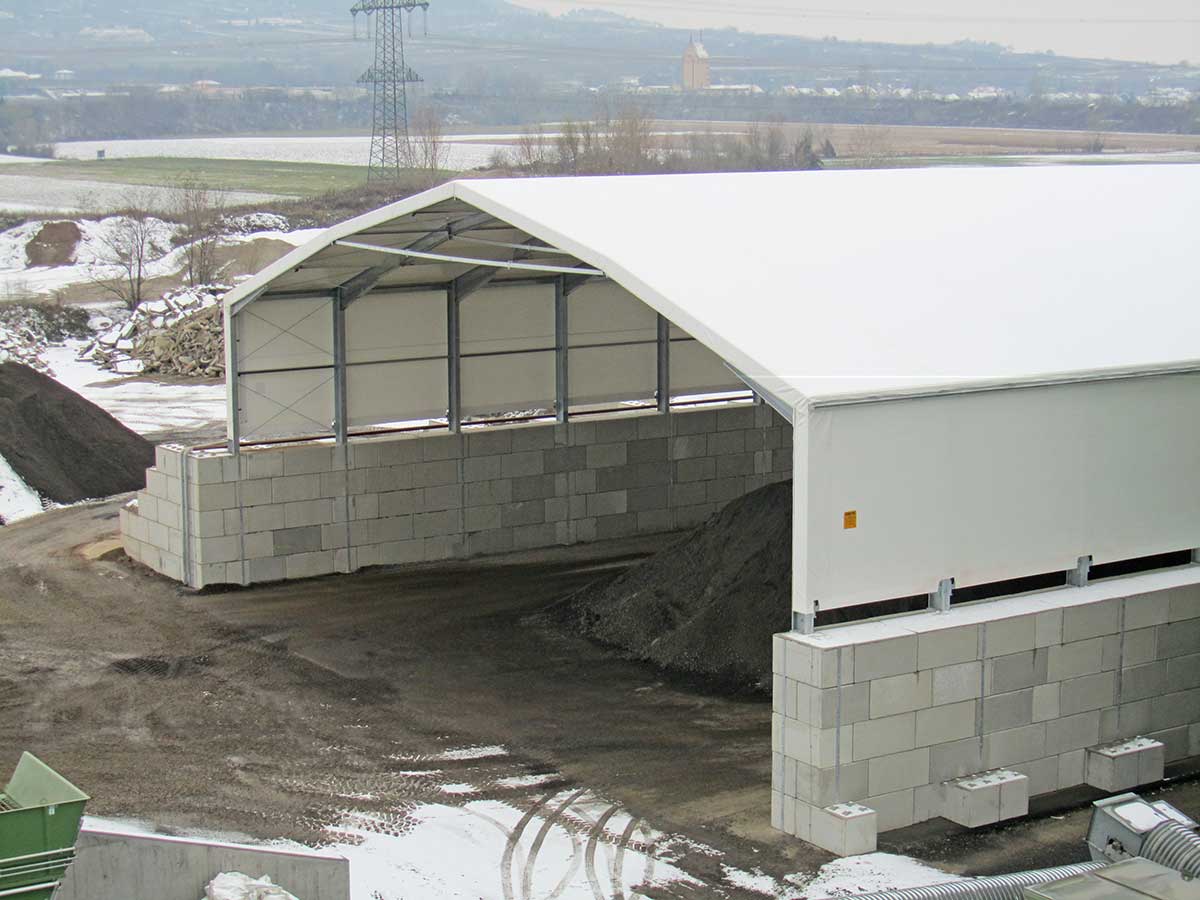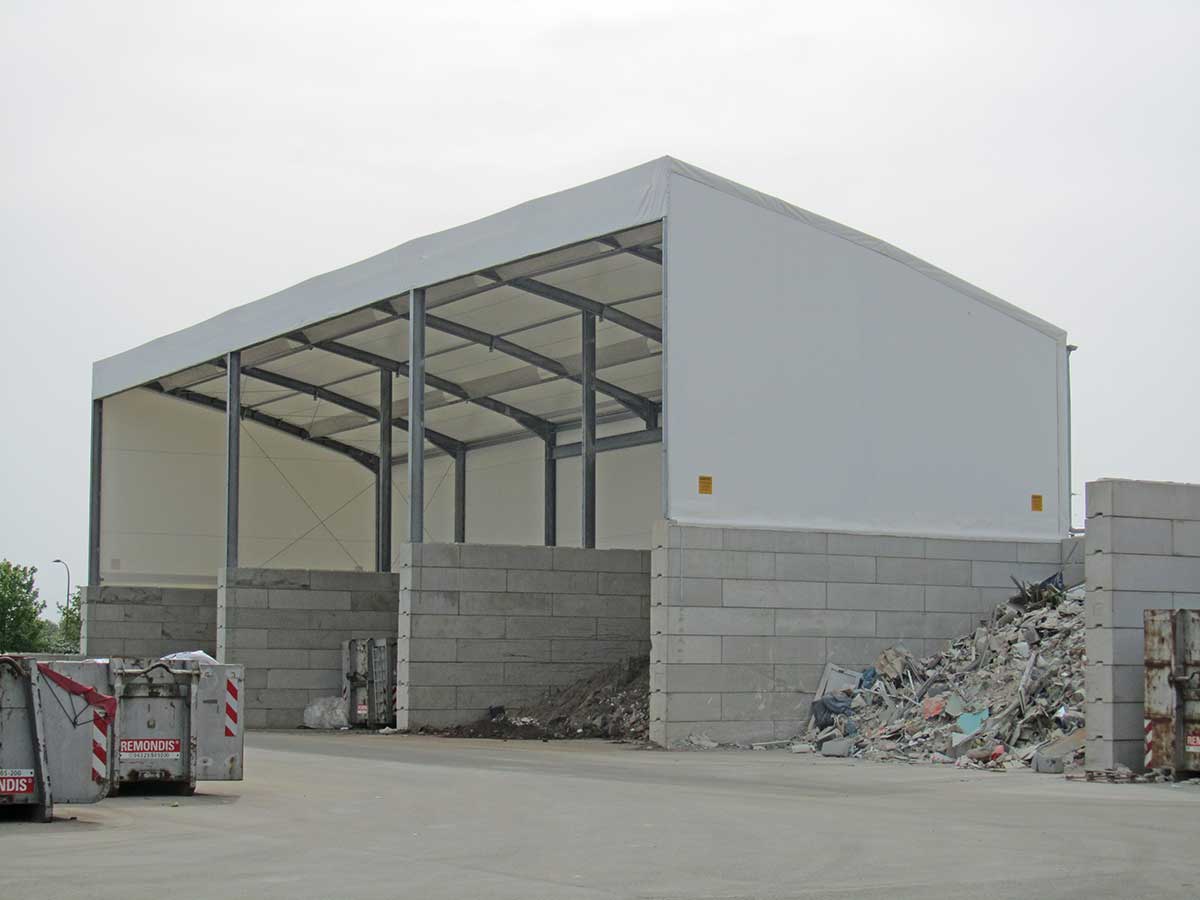Halls for the recycling industry
The careful use of resources and consumer goods is our top priority. With our innovative solutions, we help to improve sustainable waste disposal and the recycling of valuable raw materials.

Storage of bulk and recycled materials
Professional waste recovery and recycling requires specific storage techniques that protect the valuable materials throughout the cycle. At the same time, the optimal storage system ensures that no pollutants contaminate the surrounding environment. The European Waste Framework Directive (2008/98/EC) specifies separate collection obligations and mixing bans that create the framework for storage concepts.
What characterises an optimal hall for recycling, bulk materials and disposal materials?
Appropriate working heights
Depending on the recyclable material and the use of machinery, different storage heights, as well as entry and exit heights, must be realised to enable unloading and loading.
Large, free-standing spans
If statically possible, recycling halls are designed to be self-supporting, without columns. This facilitates management and increases efficiency through more storage volume.
Individual partition walls
An ideal recycling hall can be individually equipped with partition walls or bulk material walls, depending on the stored goods.
Climate-optimised
For the storage of moisture-sensitive goods, the humidity in the hall must be kept constant. We achieved this with a well thought-out ventilation concept.
Bulk storage halls
Textile tunnel halls, beam halls or lattice beam halls are suitable for storing bulk materials. Monopitch roof constructions are also well suited for use as bulk material roofing, as they allow large unloading heights. The textile hall systems can be fixed to the floor as well as to prefabricated side walls. Partitioning within the hall can be individually planned to facilitate bulk material separation.
Waste disposal halls
Halls for the delivery, sorting and recycling of commercial waste must meet specific requirements depending on the characteristics of the recyclable material. Paper, household waste, plastics or scrap? We will work with you to plan a process- oriented and needs-oriented solution. Span width, storage volume, gates, partition walls, ventilation systems – all this is taken into account in order to adapt the textile hall systems perfectly to your processes.
Building materials storage
Recycling halls are often used for the storage of recycled building materials. If so, they must offer 100% reliable protection against all weather conditions. Also static safety is of great importance. Material density and the bulk material pressure have a decisive influence on the planning. Of course our hall systems also meet the company’s fire protection requirements, because fire protection measures are an essential part of good risk management in the recycling industry.



